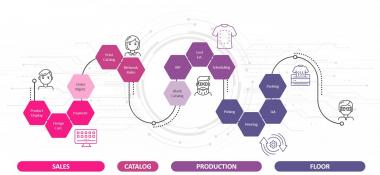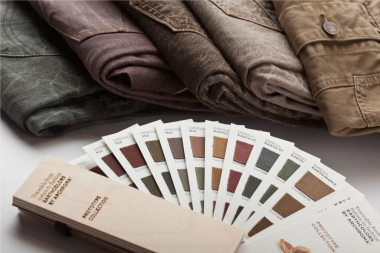Collaboration between IHKIB and WRAP
In a move to enhance the global competitiveness of the Turkish apparel industry, the Istanbul Apparel Exporters' Association (IHKIB) has entered into a collaborative agreement with the Worldwide Responsible Accredited Production (WRAP).
IHKIB, representing 80% of Türkiye's apparel exports, aims to facilitate and guide its members in navigating new markets and staying abreast of sectoral developments.
WRAP, a US-based non-profit organization, focuses on promoting safe, lawful, humane, and ethical working conditions within the textile and apparel industry.
Mr. Selcuk Mehmet Kaya, Chairman of the International Relations and Sustainability Committee of IHKIB, and Mr. Avedis Seferian, President and CEO of WRAP, officially inked a collaboration agreement on March 8, 2024, marking a significant step towards fostering business relations between Türkiye and the USA. The agreement focuses on a pilot project developed by IHKIB and WRAP, aiming to identify leading Turkish apparel companies exporting to the USA and encouraging these facilities to attain WRAP certification. In return, WRAP will provide in-person and virtual training at no charge to guide these facilities through the certification process. The project seeks to strengthen business ties between Türkiye and the USA, creating additional opportunities for mutual cooperation between the parties in both countries.
IHKIB - Istanbul Apparel Exporters’ Association



















